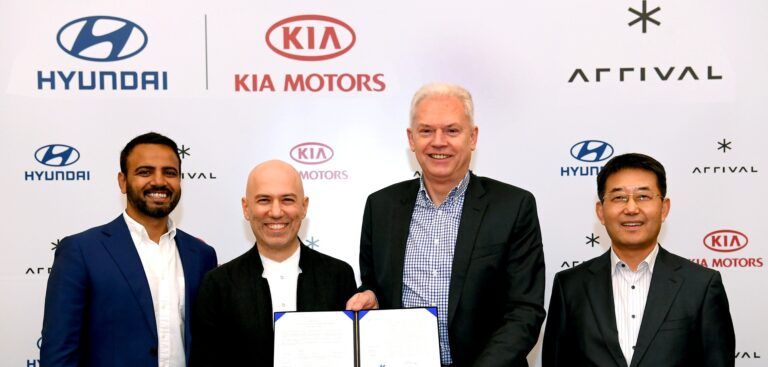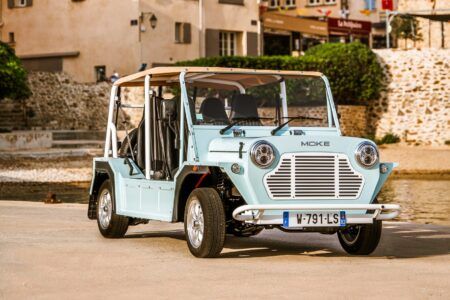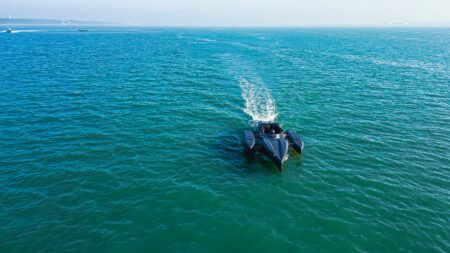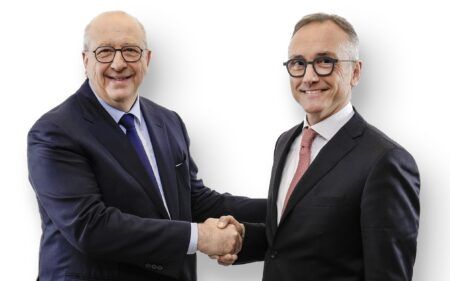To meet the rapidly growing demand in Europe for eco-friendly commercial vehicles, automotive manufacturing rivals Hyundai and Kia have forged a partnership to produce affordable electric vans.
A combined investment of US$110m has been committed (Hyundai will contribute US$88 million; Kia US$22 million) in partnership with UK-based electric vehicle startup, Arrival.
The investment enables co-development of eco-friendly vans and other products for logistics, on-demand ride-hailing, and shuttle service companies, and takes advantage of Arrival’s scalable ‘skateboard’ platform technology to underpin future Purpose Built Vehicles (PBV) from Hyundai and Kia.
Arrival has developed in-house software, materials, components and other technologies for the development of Generation 2.0 electric vehicles. The partnership will help Hyundai and Kia meet rapidly growing demand in Europe for eco-friendly commercial vehicles, and accelerate the brands’ transformation from car makers to clean-mobility providers.
“The eco-friendly vehicle market in Europe is expected to grow rapidly due to the introduction of further environmental regulations,” said Albert Biermann, president and head of research and development at Hyundai. “Through the joint development of electric commercial vehicles with Arrival, we will be able to gain a competitive advantage and progressively establish our leadership in the global eco-friendly vehicle market, with Europe at the forefront.”
Arrival’s CEO Denis Sverdlovsk added: “Arrival has created a game changing product category – Generation 2.0 electric vehicles. Hyundai and Kia have been making amazing vehicles with uncompromising quality and share our vision for an electric mobility future. Our Strategic Partnership with Hyundai and Kia means we will scale Generation 2 electric vehicles globally and importantly – in the very near future.”
Arrival’s ‘skateboard’ vehicle platform is a modular component structure, with a cost-effective base which incorporates a battery pack, electric motor and driveline components.
Fully-scalable to accommodate multiple vehicle types, the platform can be used to accelerate vehicle development to meet diverse customer needs. Currently, Arrival is carrying out pilot projects with multiple logistics companies in Europe using cargo vans manufactured with the technology.
With the rapid global growth in online shopping, the volume of light commercial vehicles in urban areas has increased. The demand for eco-friendly commercial vehicles is expected to continue growing as environmental regulations tighten. From 2021, the EU will introduce the world’s most stringent vehicle emissions regulations, limiting each automaker’s fleet-wide average CO2 emissions by around 27%, from 130 g/km to 95 g/km.
By working with Arrival, Hyundai and Kia plan to supply eco-friendly vans and buses – built in volume and based on Arrival’s platform – to European logistics companies and mobility companies that provide on-demand ride-hailing and shuttle services.





